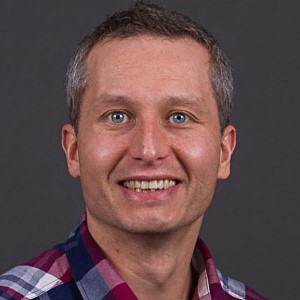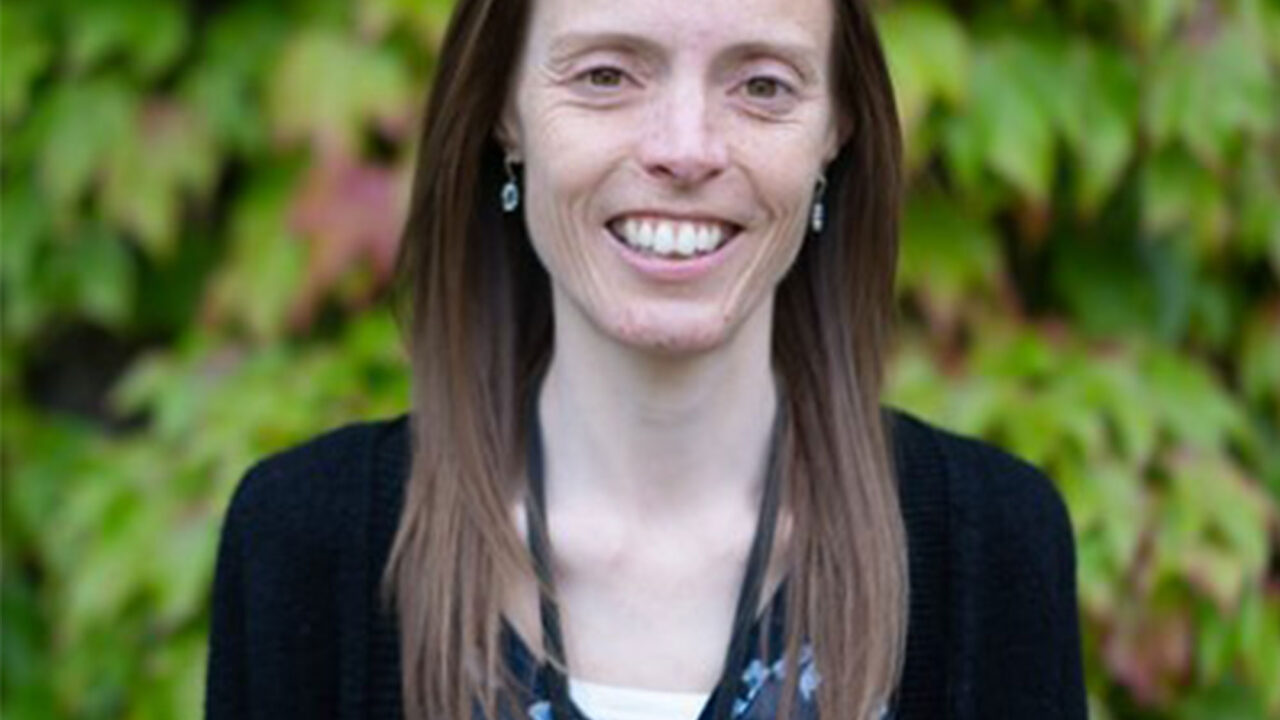Minimum of a 2:2 in BSc Sports and Exercise Science, Psychology or related course with core Sport and Exercise Psychology Modules.
The MSc in Sport and Exercise Psychology explores key areas such as Being a Sport and Exercise Psychologist, Contemporary Issues in Sport and Exercise Psychology, and Research and Evidence-Based Practice. You’ll also develop Advanced Practitioner Skills and engage with topics on Specialised Populations and Positive Psychology within the field of sport and exercise. Blending academic research and insight with practical experience, this course will equip you with the knowledge and skills required to thrive in a growing field.
In recent years, Sport and Exercise psychology has become a key focus for clubs, teams and organisations. This dynamic programme comprises a selection of theoretical, practical and research-based modules, which aim to develop highly skilled and competent practitioners.
The programme is CASES PSES endorsed. All modules include content which aligns with the CASES Postgraduate SEPAR Endorsement Scheme (PSES) to allow students to progress onto the training route if they wish. While predominantly an area of interest to Sport and Exercise Science and Psychology graduates, the programme offers an opportunity for those from a Sports Therapy or Strength, Conditioning and Coaching background to specialise.
The MSc Sport and Exercise Psychology is designed to build on your existing knowledge and develop advanced skills through a progressive, practice-focused assessment approach. Whether you’re entering from a sport science, psychology, or related background, assessments will challenge you to critically evaluate new concepts and apply them in real-world contexts.
In Semester 1, the Postgraduate Certificate (PGC) stage introduces core professional knowledge, research skills, and contemporary issues through presentations, written assignments, and a research proposal. The Postgraduate Diploma (PGD) stage deepens your expertise with modules on practitioner skills, specified populations, and positive psychology, assessed through case studies, portfolios, and reflective work.
At the Master’s stage, you’ll undertake an independent research project, critically exploring a contemporary topic in sport and exercise psychology. You’ll be expected to communicate your findings professionally and contribute to current debates in the field.
Assessments are designed to promote critical thinking, practical application, and a strong appreciation of scientific evidence, with course expectations embedded throughout your learning journey.
Minimum of a 2:2 in BSc Sports and Exercise Science, Psychology or related course with core Sport and Exercise Psychology Modules.
Students who have completed undergraduate studies in other science or health-related courses may be considered on a case by-case basis. They will be required to provide a full degree transcript and evidence of related sport and exercise psychology study so that the admissions tutor can assess their suitability for the program.
EU and international students need IELTS 6.5 overall (with a minimum of 6.0 in writing) or equivalent.
Please read the entry requirements for your country – and contact our admissions team if you have questions.
You're viewing course modules for the course option. Choose a different course option to see corresponding course modules.
Here's an example of the types of modules you'll study (the contents and structure of the course are reviewed occasionally, but it is unlikely that there will be significant change).
Module information is not available for this programme.
You're viewing fees for the course option. Choose a different course option to see corresponding course fees.
Students usually support themselves through a postgraduate loan, private savings, family support or sponsorship from an employer. For advice and guidance on your funding options, contact the Money Advice team at [email protected] or call 01242 714535.
UoG graduates receive 15% off postgraduate tuition fees. Terms apply.
| Start date | Location | Course code |
Fee (UK) Total fee |
Fee (international) Total fee |
|---|---|---|---|---|
| Sep 2026 | Oxstalls, Gloucester | — | £10,120 | TBC |
| Sep 2027 | Oxstalls, Gloucester | — | TBC | TBC |
|
International students can benefit from a range of scholarships and bursaries across many undergraduate and postgraduate programmes. |
Find out more | |||
At UoG we create a climate for bravery and growth. We instil confidence in all our students, so you can graduate career-ready and meet your ambitions.
95% of our graduates are in work or further study*, but if you’re not in a job 6 months after graduating we’ll guarantee you 6 months of free support, followed by the offer of a paid internship to kickstart your career – plus we’ll commit to lifetime career coaching. Eligibility conditions apply.
*Graduate Outcomes Survey published 2025 and based on 2022/23 leavers
Discover our promisesAn MSc in Sport and Exercise Psychology can open up various career opportunities, especially in sectors related to sports, exercise, fitness and health. The skills gained in this programme can be applied across a wide range of industries that focus on performance, well-being, and mental health.
Sorry there are no available teaching staff at this time.
Students will get real-world experience that aligns with CASES Sport and Exercise Psychology accreditation route (SEPAR). This means you won’t just learn theory; you’ll apply it in professional settings, to prepare for Stage 2 training toward becoming a HCPC Sport and Exercise Psychologist.

“As ACL for Sport and Exercise Sciences I fully endorse the development and launch of this programme. It will complement the existing range of MSc programmes and be an excellent postgraduate study option for Sport and Exercise Sciences BSc (Hons) students to progress to.”
Daniel Cowen – Academic Course Leader, Sport & Exercise Sciences

“Having a sport and exercise masters is appealing to people from different backgrounds (i.e. those studying psychology, sport-related degrees and those in practice) and would provide a route for people wanting to pursue CASES (Chartered Association of Sport and Exercise Science) accreditation in becoming a practitioner”.
Dr Samantha Hughes – Lecturer in Psychology / Academic Course Leader MSc Psychology

Work with leading practitioners, coaches, and professionals in specialist environments where you’ll develop your skills and and make a difference to people’s lives.

